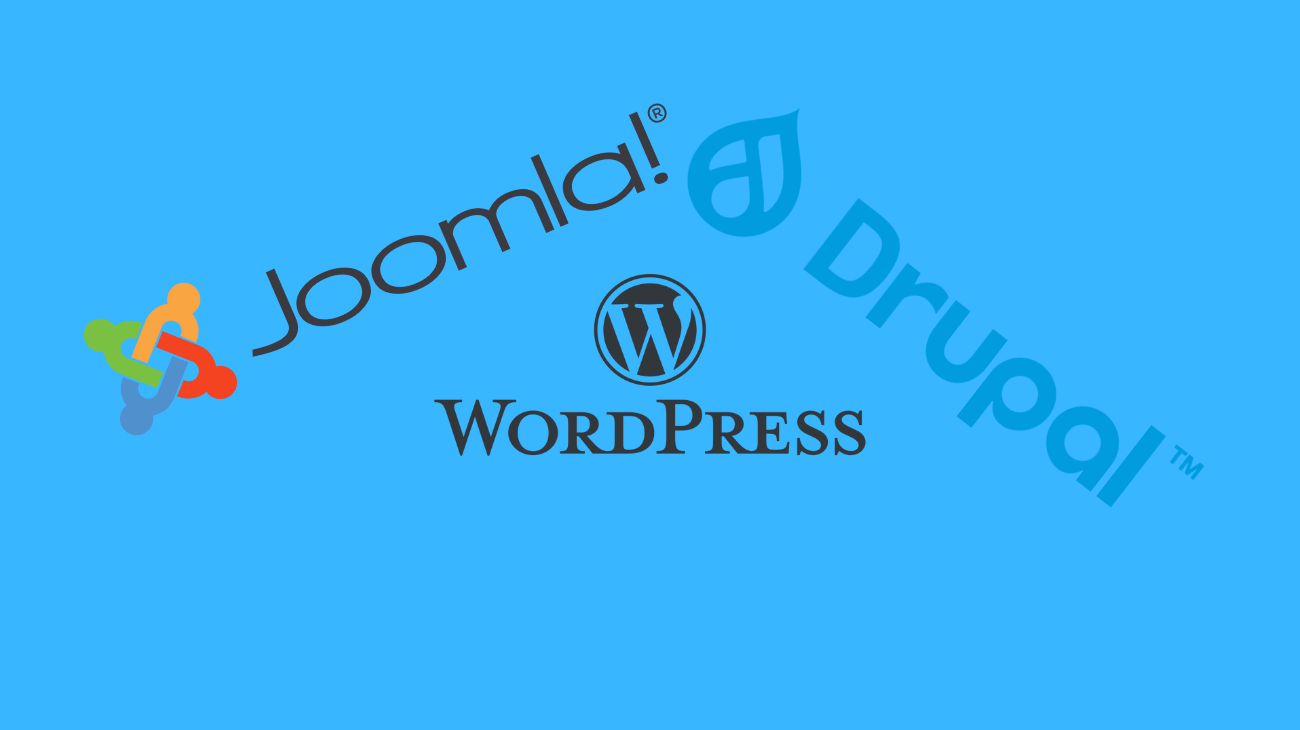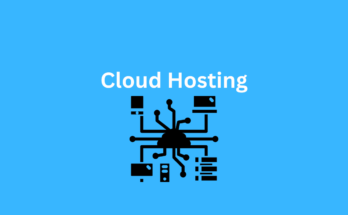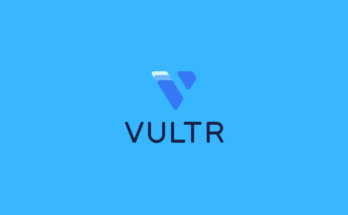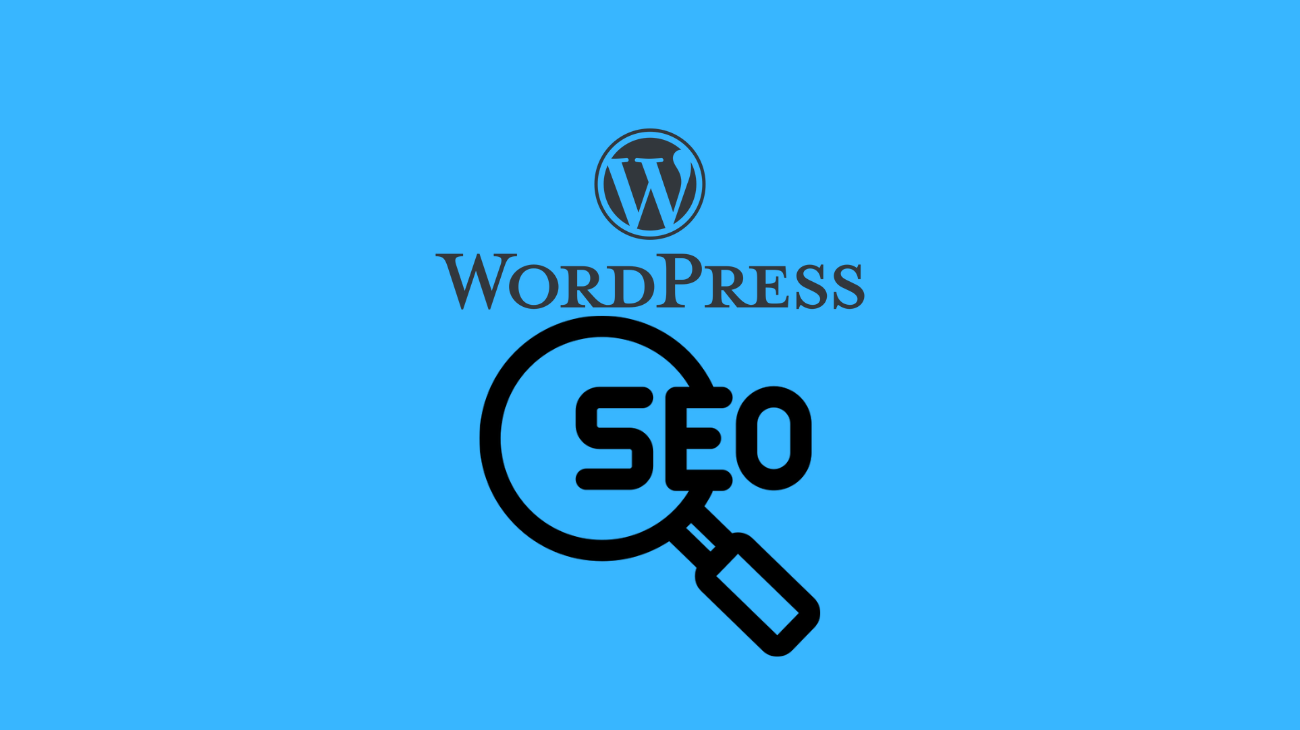In the digital age, a Content Management System ( CMS ) is an indispensable tool for anyone looking to establish a robust online presence. CMS platforms simplify the process of creating, managing, and publishing content, making them a cornerstone of web development. Whether you are a blogger, a small business owner, or part of a large enterprise, there’s a CMS out there to suit your needs. In this comprehensive guide, we will delve deeper into the best free and paid CMS options available and provide valuable insights to help you make an informed choice.

ALSO READ: PrestaShop: Empowering E-Commerce Success with a Powerful Open-Source Solution
Free CMS Options
1. WordPress
Key Features:
- User-Friendly Interface: WordPress is renowned for its intuitive and user-friendly interface, making it accessible to users of all skill levels.
- Plugin Ecosystem: It boasts an extensive library of plugins and themes that enhance functionality and aesthetics.
- Large Community: WordPress has a massive and active user community, ensuring a wealth of resources and support.
Advantages: WordPress is the most popular free CMS globally, and for good reason. Its simplicity and versatility make it an ideal choice for bloggers, small businesses, and anyone looking to create a website quickly. The vast array of themes and plugins allow for easy customization to suit various needs.
Ideal For:
- Bloggers
- Small to Medium-sized Businesses
- Non-profit Organizations
- Personal Websites
2. Joomla
Key Features:
- Customization: Joomla offers a high degree of customization, making it suitable for diverse website types.
- Strong User Management: It excels in user management, making it ideal for websites with multiple contributors.
- Multilingual Support: Joomla provides robust multilingual support, a must-have for global audiences.
- Rich Extension Library: A rich library of extensions expands its functionality.
Advantages: Joomla is a versatile CMS suitable for various purposes. Its robust user management features and multilingual support make it a strong contender for websites requiring extensive user interaction, such as e-commerce sites or community forums.
Ideal For:
- E-commerce Websites
- Social Networks
- Community Websites
- News Portals
3. Drupal
Key Features:
- Scalability: Drupal is highly scalable, making it suitable for handling high-traffic websites and large volumes of content.
- Security: It is renowned for its security features, making it a preferred choice for organizations with stringent security requirements.
- Customization: Drupal offers extensive customization options, enabling the development of complex and tailored websites.
- Enterprise-Ready: It is well-suited for enterprise-level websites and government portals.
Advantages: Drupal is an enterprise-grade CMS known for its security, scalability, and customization capabilities. While it may have a steeper learning curve compared to WordPress, it offers unparalleled flexibility for complex projects.
Ideal For:
- Enterprise Websites
- Government Portals
- Large Organizations
Paid CMS Options
1. Drupal (Enterprise Version)
Key Features:
- Advanced Features: The enterprise version of Drupal offers advanced features tailored to the specific needs of large organizations.
- Dedicated Support: Enterprises benefit from dedicated support and assistance for their complex projects.
- Scalability: Drupal’s enterprise version ensures seamless scalability to accommodate the growth of your business.
Advantages: For enterprises with specific security and scalability requirements, the enterprise version of Drupal is an excellent choice. It provides the same robustness and customization options as the free version but with additional features and support.
Ideal For:
- Large Enterprises
- Government Agencies
- Organizations with Stringent Security Needs
2. Adobe Experience Manager (AEM)
Key Features:
- Content Personalization: AEM is a comprehensive CMS with a strong focus on content personalization, helping businesses tailor content to individual users.
- Digital Marketing Tools: It offers an array of tools for marketing campaigns, analytics, and integration with e-commerce platforms.
- Robust Analytics: AEM provides detailed analytics to help businesses make data-driven decisions.
Advantages: Adobe Experience Manager is a top-tier CMS for businesses that prioritize digital marketing and customer engagement. Its powerful personalization features and marketing tools make it a go-to choice for large enterprises.
Ideal For:
- Large Businesses
- Marketing-Driven Organizations
- Enterprises with Complex Content Management Needs
3. Sitecore
Key Features:
- Marketing and Customer Experience Management: Sitecore is renowned for its marketing and customer experience management tools, offering in-depth personalization, A/B testing, and analytics.
- Scalability: It is highly scalable, allowing for seamless growth as your business expands.
- Integration: Sitecore easily integrates with other enterprise systems and technologies.
Advantages: Sitecore is the CMS of choice for enterprises looking to deliver tailored customer experiences. Its advanced marketing features, analytics, and A/B testing capabilities empower businesses to create highly personalized user journeys.
Ideal For:
- Enterprises with a Strong Focus on Customer Experience
- Businesses Requiring Advanced Marketing Capabilities
Choosing the Right CMS
Selecting the right CMS for your project can significantly impact its success. To make an informed decision, consider the following factors:
1. Budget
Determine your budget and evaluate whether a free or paid CMS is more suitable. Keep in mind that while free CMS options like WordPress can be cost-effective, paid options like Adobe Experience Manager and Sitecore offer advanced features that can justify the investment for larger businesses.
2. Skill Level
Assess your technical skills and the expertise of your team. Some CMS options, like WordPress and Joomla, are more user-friendly and require minimal technical knowledge. In contrast, Drupal and enterprise-level versions demand a higher level of expertise.
3. Website Type
Consider the specific needs of your website. E-commerce sites, blogs, and enterprise websites have different requirements. Ensure the CMS you choose aligns with your project’s goals and functionalities.
4. Scalability
Think about the future. Ensure that the CMS can grow with your business and handle increased traffic and content. Scalability is crucial for long-term success.
5. Support and Security
Evaluate the level of support, updates, and security features offered by the CMS. For enterprises, security is often a top priority, making options like Drupal or the enterprise versions more attractive.
6. Customization
Determine the level of customization required for your project. Some CMS options, like Drupal, excel in customization, allowing you to create tailored solutions, while others offer more straightforward customization options.
Conclusion
Selecting the right CMS is a critical decision for establishing and maintaining your online presence. WordPress, Joomla, and Drupal are robust free CMS platforms catering to different needs. However, if you’re seeking advanced features, scalability, and comprehensive digital marketing tools, paid options like Drupal’s enterprise version, Adobe Experience Manager, or Sitecore may be the right choice. Regardless of your selection, remember that a well-chosen CMS is the foundation upon which you’ll build your online presence, so choose wisely.
Get Your Shared/VPS/Dedicated/Cloud Server Here (We do earn money from any links and banners on/in this article)





One Comment on “Exploring the Best Free and Paid CMS”